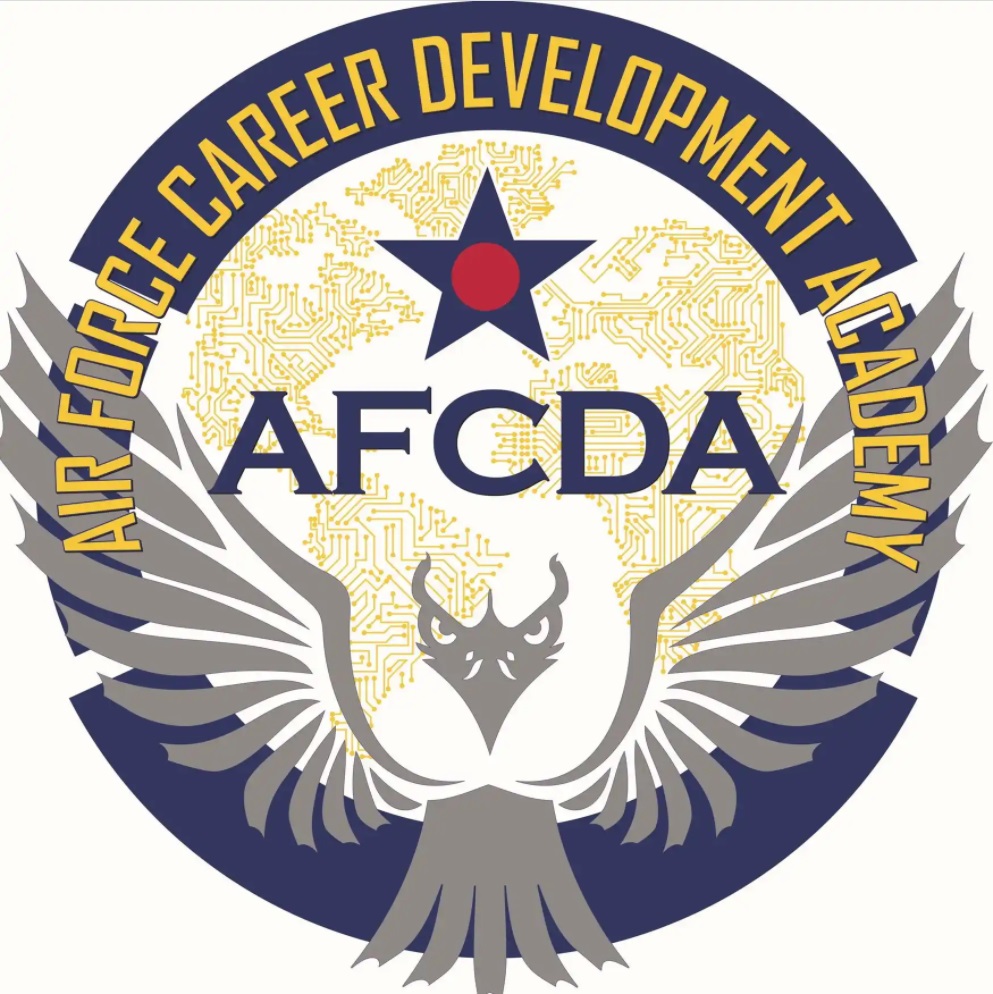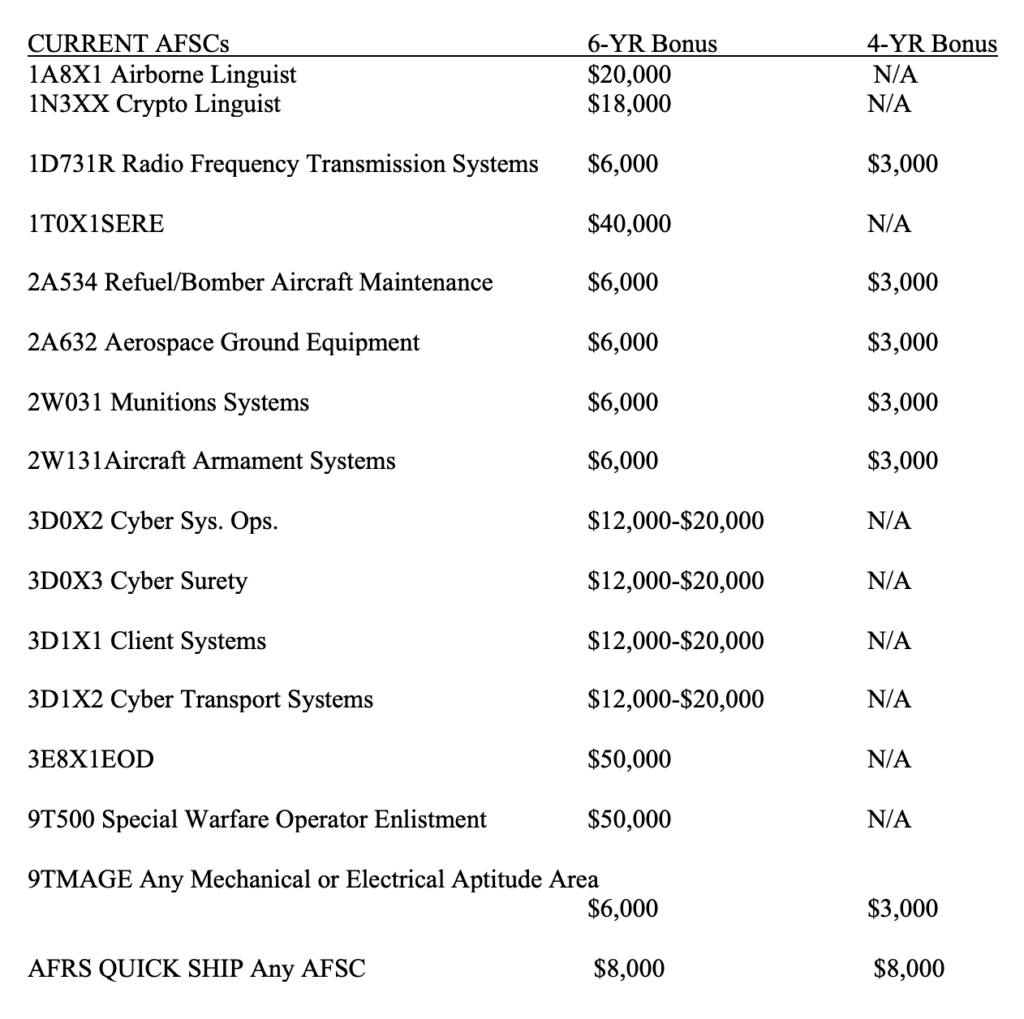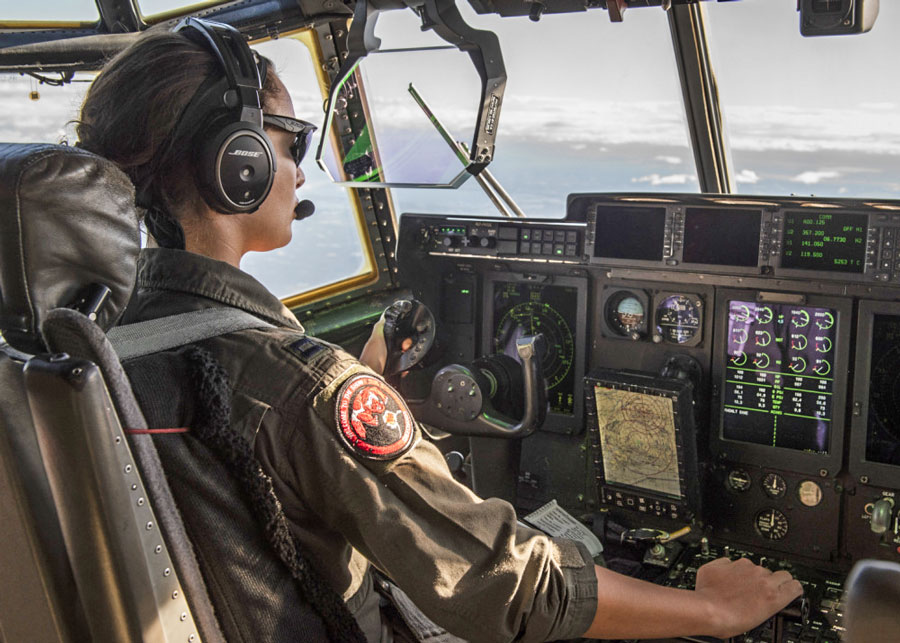5 Air Force Careers

Introduction to Air Force Careers

The United States Air Force offers a wide range of career opportunities for individuals who are looking to serve their country and gain valuable skills and experience. With over 200 different careers to choose from, the Air Force has something for everyone, whether you’re interested in flying, technology, healthcare, or something else. In this article, we’ll take a closer look at five Air Force careers that are in high demand and offer a range of challenges and opportunities.
Career 1: Pilot

One of the most iconic and sought-after careers in the Air Force is that of a pilot. Pilots are responsible for flying and navigating aircraft, as well as making split-second decisions in high-pressure situations. To become a pilot in the Air Force, you’ll need to meet certain physical and educational requirements, including having a bachelor’s degree and passing a physical fitness test. Pilots can fly a variety of aircraft, including fighter jets, transport planes, and helicopters.
Career 2: Cybersecurity Specialist

In today’s digital age, cybersecurity is more important than ever, and the Air Force is no exception. Cybersecurity specialists are responsible for protecting Air Force computer systems and networks from cyber threats, as well as developing and implementing security protocols to prevent future attacks. To become a cybersecurity specialist in the Air Force, you’ll need to have a strong background in computer science and networking, as well as a security clearance. Cybersecurity specialists play a critical role in keeping the Air Force’s systems and data safe from hackers and other cyber threats.
Career 3: Intelligence Analyst

Intelligence analysts play a crucial role in the Air Force, analyzing data and information to help inform decision-making and support military operations. They use a variety of tools and techniques to analyze data, including geospatial analysis and signals intelligence. To become an intelligence analyst in the Air Force, you’ll need to have a strong background in analysis and problem-solving, as well as a security clearance. Intelligence analysts work closely with other Air Force personnel, including pilots and cybersecurity specialists, to help support military operations and keep the country safe.
Career 4: Aerospace Engineer

Aerospace engineers are responsible for designing and developing aircraft, spacecraft, and missiles, as well as testing and evaluating these systems to ensure they are safe and effective. To become an aerospace engineer in the Air Force, you’ll need to have a bachelor’s degree in a field such as engineering or physics, as well as a strong understanding of mathematics and science. Aerospace engineers play a critical role in the development of new aircraft and spacecraft, and are essential to the Air Force’s ability to stay ahead of the curve in terms of technology and innovation.
Career 5: Air Traffic Controller

Air traffic controllers are responsible for coordinating the movement of aircraft, ensuring that planes take off and land safely and efficiently. They use a variety of tools and techniques to manage air traffic, including radar systems and communication equipment. To become an air traffic controller in the Air Force, you’ll need to have a strong background in aviation and a FAA certification. Air traffic controllers play a critical role in ensuring the safety of air travel, and are essential to the Air Force’s ability to conduct military operations.
🚀 Note: These careers are just a few examples of the many opportunities available in the Air Force. No matter what your interests or skills are, there's likely a career in the Air Force that's right for you.
In terms of the skills and qualifications required for these careers, here are some key points to consider: * A bachelor’s degree is often required, especially for careers such as pilot and aerospace engineer * A security clearance is required for careers such as cybersecurity specialist and intelligence analyst * Physical fitness is an important aspect of many Air Force careers, including pilot and air traffic controller * Communication skills are essential for careers such as air traffic controller and intelligence analyst * Problem-solving skills are critical for careers such as cybersecurity specialist and aerospace engineer
Here is a table summarizing the five Air Force careers discussed in this article:
| Career | Job Description | Requirements |
|---|---|---|
| Pilot | Fly and navigate aircraft | Bachelor’s degree, physical fitness test |
| Cybersecurity Specialist | Protect Air Force computer systems and networks from cyber threats | Background in computer science and networking, security clearance |
| Intelligence Analyst | Analyze data and information to inform decision-making and support military operations | Background in analysis and problem-solving, security clearance |
| Aerospace Engineer | Design and develop aircraft, spacecraft, and missiles | Bachelor’s degree in engineering or physics, strong understanding of mathematics and science |
| Air Traffic Controller | Coordinate the movement of aircraft | Background in aviation, FAA certification |

In summary, the Air Force offers a wide range of career opportunities for individuals who are looking to serve their country and gain valuable skills and experience. Whether you’re interested in flying, technology, healthcare, or something else, there’s likely a career in the Air Force that’s right for you. By considering the skills and qualifications required for each career, as well as the job descriptions and requirements, you can make an informed decision about which career path is best for you.
What are the benefits of joining the Air Force?

+
The benefits of joining the Air Force include competitive pay and benefits, opportunities for education and training, and the chance to serve your country and make a difference in the world.
What are the requirements for joining the Air Force?

+
The requirements for joining the Air Force include being a U.S. citizen, being between the ages of 17 and 39, and meeting certain physical and educational requirements.
How do I choose the right career in the Air Force?

+
To choose the right career in the Air Force, consider your skills and interests, as well as the job descriptions and requirements for each career. You can also talk to a recruiter or career counselor for guidance and advice.



